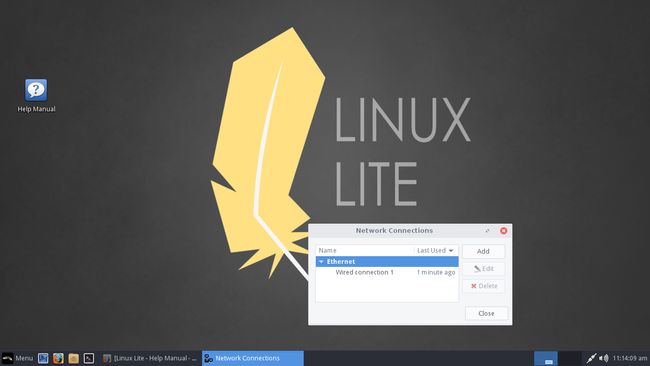3 Most Lightweight Operating System For Low-End PC

Many People Using there Old PC and old processor and RAM.
Do you have an old laptop and PC that is running slow? Are you searching for a lightweight operating system for your netbook? Here is a free list of lightweight OS system that can operate without using much of PC hardware resources.
The strange thing about PCs is that as they get older, even though they appear to be working fine, they can eventually become unusably slow. Successive operating systems take up more and more resources until your PC grinds to a halt.
Read Also..
- How to Fast Your Realme 1 Face Unlock In Night
- Download And Play Fortnight Beta In Android Smartphone?
- Download and Play PUBG Free On PC Legally.
4. Remix OS
A key advantage to Remix OS’ Android app ecosystem is the flexibility to choose the apps that best fit your habits and preferences
Remix OS is a now-discontinued computer operating system for personal computers with x86 and ARM architectures that, prior to discontinuation of development, shipped with a number of 1st- and 3rd-party devices.
Think of Remix OS as the love-child between an intuitive PC desktop experience and Android apps + games. The multitude of features we’ve meticulously engineered into Remix OS are designed to bring you the best of both worlds - a complete fusion of mobile and PC.
3. Puppy Linux
Play multiple games simultaneously while chatting with your friends. Remix OS’ multi-window support means you can spend less time switching between screens and more time doing what you want and need to do.

We've brought the taskbar back to Android to help you do more with less. When you do need to switch apps and games, switch effortlessly with the touch of an icon or click of a mouse.
Our File Manager comes with an amazing collection of functionalities that makes sure you can access, transfer, and save files like never before on A
Introducing the most advanced screen capture functionality on a PC. Our screen-capture allows you to target specific apps and games so you don’t have to waste time cropping out the junklater.
Puppy Linux is the smallest Linux distro in our round-up - it's just a 132MB download. The distro is unusual in that it loads itself entirely into RAM on bootup, so is incredibly quick and responsive. 128MB of RAM is the minimum, but you'll need 256MB if you want to use a modern web browser.
While most of these distros can be run from a USB drive to try them out, you often need to install to your hard disk to get the most out of them and certainly to get the best performance. Puppy Linux is designed to be truly portable; you can save your documents to the same USB drive it boots from, or any other USB drive; you can even remove the drive containing Puppy Linux once it has booted.
- Huge range of apps
- Different versions for differing needs
- XenialPup edition works with Ubuntu repositories
2. BunsenLabs Linux

As one of our commenters helpfully pointed out, CrunchBang Linux, which used to be listed here is unfortunately no more. From its ashes BunsenLabs Linux has risen, led by a passionate community team, and is also based on Debian.
It's relatively lightweight and its modest memory requirements means you can get by with 256MB of RAM although 1GB is recommended. BunsenLabs Linux uses a modified version of the OpenBox windows manager just like CrunchBang Linux, too, so takes a bit of getting used to as there's nothing similar to the Start menu or OS X dock straight out of the box. This might feel straight if you're coming from a Windows or OSX-based system but you soon adjust.
1. Linux Lite

Aimed at easing migration of Windows users
Features a host of familiar apps
Not the least demanding distro out there
Linux Lite is based on Ubuntu (currently Long Term Support version 16.04.3). It is specifically developed to ease Windows users – particularly those with old machines running Windows XP – into the world of Linux.It features familiar tools like Firefox (with built-in support for Netflix), plus VLC Media Player and LibreOffice are preinstalled. The OS also includes the zRAM memory compression tool which makes it run faster on older machines. There's also a special ‘Lite Upgrade’ utility.
Despite its name, this distribution isn't the least resource hungry out there, as it requires both a 1.5GHz processor and at least 1GB of RAM to run smoothly. That said, this shouldn't be too much to ask of any computer made in the last decade.
by sujeet kumar


Bhai Jaldi hi update kar raha hun